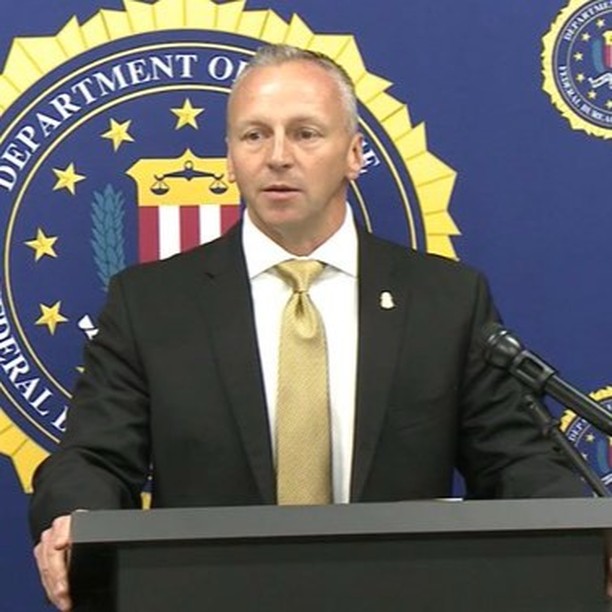A sophisticated cryptocurrency scam targeting a donor to the Trump-Vance Inaugural Committee has led to a civil forfeiture action and an ongoing effort by the U.S. Department of Justice (DOJ) and FBI to bring a Nigerian suspect, Ehiremen Aigbokhan, to justice.
According to a DOJ press release issued by U.S. Attorney Jeanine Ferris Pirro, scammers impersonated a senior official from the Trump-Vance Inaugural Committee using a deceptive email domain name to steal \$250,300 in cryptocurrency. The DOJ is now seeking to recover the $40,353 in USDT.ETH tokens that the FBI was able to trace and seize through blockchain forensics.
“All donors should double and triple check that they are sending cryptocurrency to their intended recipient,” said U.S. Attorney Pirro. “It can be extremely difficult for law enforcement to recoup lost funds due to the extremely complex nature of the blockchain.”
🎯 The Scam

The attack occurred on December 24, 2024, when the victim received an email purporting to be from Steve Witkoff, a real estate executive and co-chair of the Trump-Vance Inaugural Committee.
The email address looked nearly identical to the committee’s legitimate domain @t47inaugural.com, but used a subtle typographical trick: the lowercase “L” replaced the letter “I” to mimic the domain as @t47lnaugural.com.
Within the fraudulent email, the impersonator instructed the donor to transfer the cryptocurrency to a wallet ending in 58c52, which appeared to be associated with the Committee. Believing the request was genuine, the donor transferred 250,300 USDT.ETH on December 26. Within two hours, the funds were laundered through multiple cryptocurrency wallets, obscuring their trail.
🔍 Blockchain Tracking & DOJ Response
Thanks to prompt blockchain analysis, FBI investigators traced a portion of the stolen funds and successfully recovered $40,353, now the subject of a civil forfeiture complaint filed in federal court. The remaining funds are presumed to have been moved into wallets outside U.S. jurisdiction.
“Impersonation scams take many forms and cost Americans billions in losses each year,” said Steven J. Jensen, Assistant Director in Charge of the FBI’s Washington Field Office. “Scammers often use subtle differences to deceive you and gain your trust.”

👤 The Suspect: Ehiremen Aigbokhan
Authorities have linked the laundering scheme to Ehiremen Aigbokhan, a suspect located in Nigeria, who is believed to be behind or connected to the fraud. Federal officials are now working with international partners to pursue his arrest and extradition.
The FBI Washington Field Office—Criminal and Cyber Division—continues to investigate. The DOJ acknowledged Tether for assisting with the recovery and transfer of the assets back into U.S. custody.
⚖️ Legal Implications & Victim Compensation
The civil forfeiture action is designed to recover the traceable stolen funds and compensate the defrauded donor. The case also serves as a warning about the vulnerabilities in digital fundraising and the growing threat of business email compromise (BEC) schemes, especially when involving cryptocurrency.
The FBI has urged the public to report suspected cybercrimes through the Internet Crime Complaint Center (IC3) at www.ic3.gov.
Bottom Line:
This case highlights the intersection of political fundraising, cybercrime, and cryptocurrency fraud. While federal agents have recovered only a fraction of the stolen $250,300, their action represents a rare win in the increasingly complex fight against international digital fraud.

